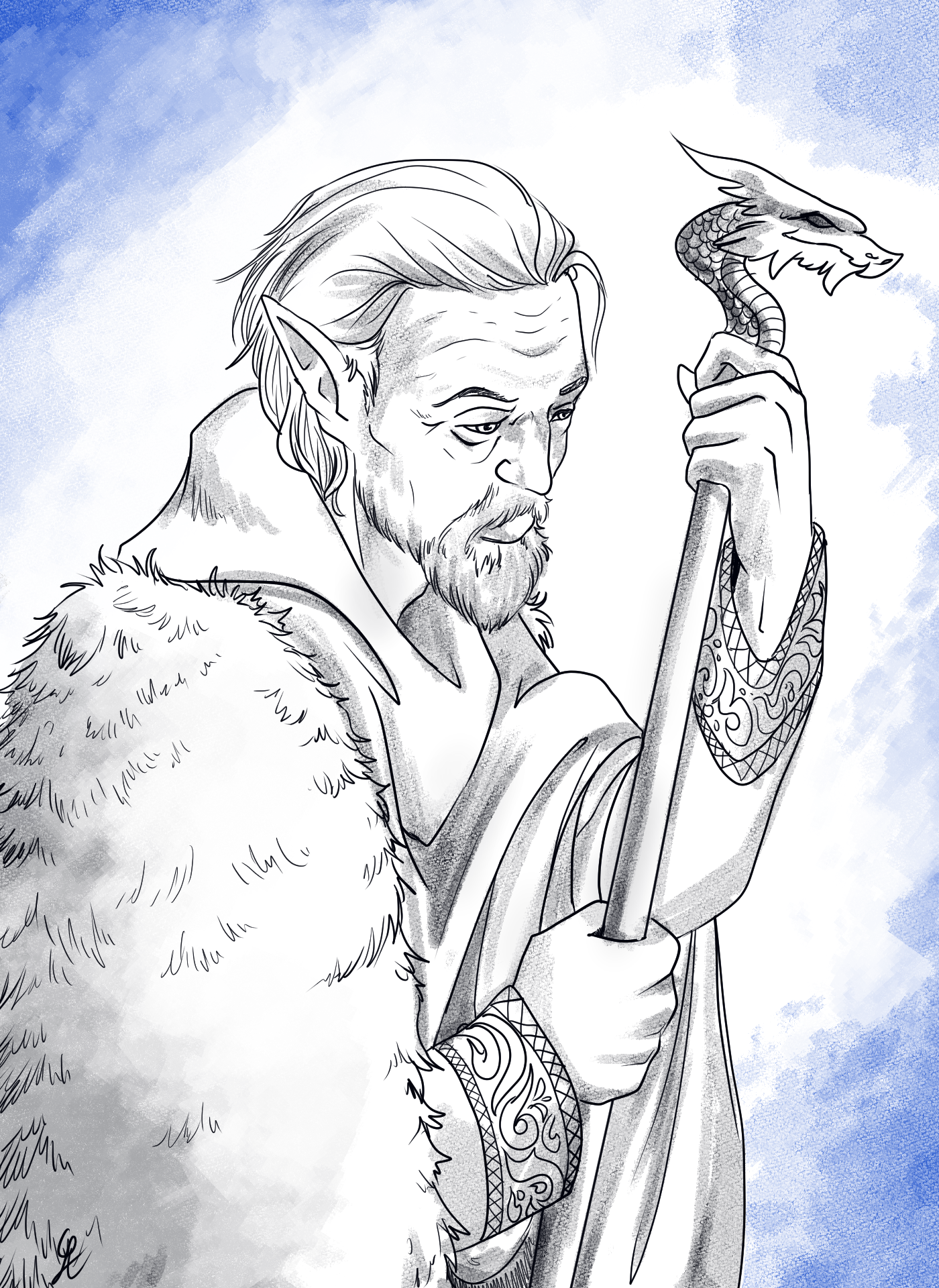

I’ve been sitting pretty with both uBlock Origin and uMatrix stopping both the ads and the delay from YouTube. Not sure what exactly is doing which, but it’s been working for me
Just a dog chasing cars. Varied and various hobbies, including but not limited to: rock climbing, ttrpgs, reading, cooking, leatherworking, ceramics, model-building, wargaming, video-gaming, brewing, etc., etc.


I’ve been sitting pretty with both uBlock Origin and uMatrix stopping both the ads and the delay from YouTube. Not sure what exactly is doing which, but it’s been working for me
Switch to calzones, they’re better.


The only thing stopping them is their own incompetency. Truly a thin wall, but as their older generations start dying off we’ll see that wall broken down.


Which, as history shows, is a tenuous proposition at best.


deleted by creator


Oh nO! noT SocIAliSm!


Would it be pronounced “sh-it” or “z-it”?


Quick, tell him that on Twitter! Maybe he’ll actually do it and we’ll finally be rid of his godawful grandstanding.


Try garbanzo bean water, or aquafaba, using unsalted canned garbanzo beans. The protein chains in the water function very similarly to egg whites.
Hardly ever. The leaves store water, and it thrives in arid conditions. I’d water it about as often as a snake plant.


They did. It’s called the Vita and it’s still amazing even after Sony dumped it. I have one a friend cracked for me, and any game I could possibly want to play runs at a crisp 50 fps with no fluctuation. If only they had marketed it better.


It’s kind of wild to think about, that the brain drain that happened to Russia with the rest of Europe in the 1950s is now happening between states here in the US.


I’m pretty sure this has something to do with using the Moon as a jumping-off point to the rest of the solar system. Assuming we can get a functioning colony on the Moon, it will be significantly easier and cheaper to get to Mars and potentially other planets as well. This might just be something I heard from a friend of a friend though, so don’t quote me on it.


And I’ve already reported it as misinformation. Nice when a website lets you report stuff without having an account.
You could always use Outlook’s calendar if you wanted to add to people’s schedules via emails. It’s a little “business-y” for my taste, but it is effective at reminding people there’s a game happening. It also has Teams integration for a searchable chat option, a file storage system, video chat, etc. Discord is pretty bad if you want an archive-able chat.
Alternatively, you could also try Matrix, which is the open-source version of Discord and has a ton of integration options available. It does require that everyone download something, but any coordination effort is going to require some amount of buy-in from the players. Let us know what works!


Standard combat in D&D is based off of an old system where the tension comes from a survival-horror “will I die before I escape with the loots?” feeling, which means combat is supposed to be dangerous, punishing, and generally a bad idea. Most people today don’t enjoy that style of gameplay and are more interested in the narrative side of play. This makes combat a chore because it drags the players out of making interesting choices narratively and doesn’t replace it with anything. Combat doesn’t have that cloak of survival surrounding it, making it feel hollow and tacked-on.
The biggest thing for me to counteract that is giving people the ability to “fail forward.” Not an original idea by any means, but I get the feeling that most people play D&D with a, “I roll to hit, miss, whoops that’s my turn” sort of vibe. Admittedly there’s no mechanic in a regular D&D game to facilitate this, but I like borrowing from Blades in the Dark with their clock system. Instead of failing to hit, the player hits, but it initiates some kind of countdown timer for something else happening in the fight or elsewhere. This gives me the ability to build tension in the fight while also giving me reasonable control over the length of the fights as well.
I like your implementation of Luck Dice; it seems to balance out some of the feel-bads while giving players options. I don’t know if it addresses the core problem of misses in combat, but at least players won’t feel like they’re not going anywhere with a string of bad rolls. It also neatly fits into the heroic fantasy aspect of characters being better than most people and nothing can truly keep them down. It might be interesting to give your big bads Luck Dice too to make them feel more scary instead of doing lair/legendary actions. Let us know how it goes when you run your game!


Out of curiosity, do people feel that Kickstarter projects should be on the list for news? I was avoiding it this week, but there are a LOT of board games and card games being Kickstarted right now.


The people who would use a Meta variant will use it, and people like us will not. This reminds me of the interview with the Mexican restaurant that spawned Taco Bell. The lady who owned it essentially said, “I’m glad he (the founder of Taco Bell) was able to take our teachings and turn it into something. Good for him.” If they build proprietary code, that’s nice. ActivityPub will still be the same open-source code it’s always been, and all of the Fediverse stuff will still exist. It kinda sucks that Meta is trying to make it seem like they’re the good guys, but in the end there isn’t much they can do to the already established stuff beyond make their own.
Edit: also, if they do try anything, we at least have previous data and most of the people who care about freedom to privacy here that I’m sure we could come up with something. We’re not getting blindsided like with Google and XMPP back in the day.
Assuming this is a corporate job, come up with a couple questions for your interviewer. Get them talking about the company and they’ll remember you as a good listener. My usual go-to questions are:
“What’s the company culture like?”
“What aspect of the company do you see as the most enjoyable?”
“Why did you chose to work for the company, and what’s made you stay?”
Questions like that. Try to make it personal and specific, since it’s usually the hiring manager that you’re interviewing with. You can write them down and bring them with you; as long as you’re bringing multiple copies of your resume, you can stash the questions at the bottom of the stack.
If it isn’t a corporate position, then it depends. I can’t answer for those since I’ve only done labor and corporate, so I don’t now how to interview for technical or artistic positions. I would assume make sure you have your portfolio on hand, though be careful about doing on-site consultations since you would be giving them designs for free and they have no obligation to hire you after that. If they try to do that to you, do not continue the interview with them. Just thank them for their time and leave.
Or don’t, and just pick what sounds fun!